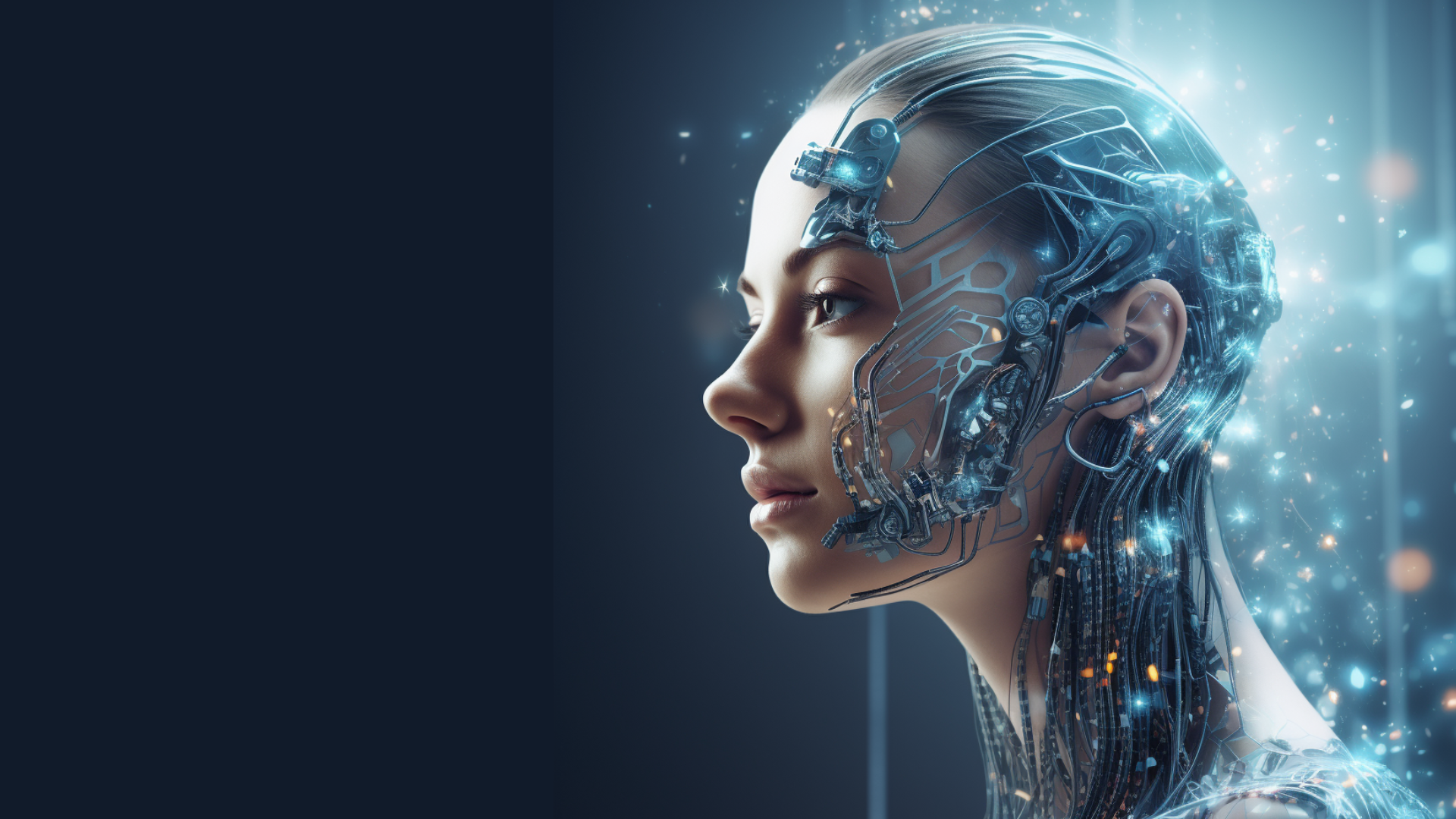The abortion debate has long been a contentious and emotionally charged topic, drawing perspectives from various philosophical, religious, and ethical standpoints. As society grapples with the nuances of this complex issue, the influence of artificial intelligence (AI) is emerging as a novel dimension in shaping the discourse.
The Analytical Lens of AI
At its core, AI offers a unique analytical lens through which to examine the abortion debate. Machine learning algorithms can sift through vast datasets of medical research, public opinion, and legislative history to identify trends, correlations, and patterns. This data-driven approach can provide insights into the multifaceted aspects of the debate, from healthcare outcomes to social implications.
Predictive Analytics and Public Opinion
One way AI weighs in on the abortion debate is through predictive analytics on public opinion. Sentiment analysis algorithms can parse through social media, news articles, and public forums to gauge the evolving attitudes and sentiments surrounding abortion. This data-driven perspective sheds light on shifts in public perception, potentially influencing policymakers and advocacy groups.
AI in Reproductive Healthcare
In the realm of reproductive healthcare, AI plays a pivotal role. Advanced technologies enable more accurate diagnostics, personalized treatment plans, and improved access to healthcare information. These advancements impact the broader conversation on abortion by addressing issues such as maternal health, family planning, and contraceptive methods.
Ethical Considerations and Bias
As AI enters the discourse on abortion, ethical considerations become paramount. The algorithms that power AI systems are not devoid of bias, reflecting the values and perspectives inherent in the data on which they are trained. The potential bias in AI models can inadvertently influence analyses and recommendations, raising concerns about the objectivity of AI contributions to the abortion debate.
AI and Legislative Decision-Making
The role of AI extends to the realm of legislative decision-making. Lawmakers may turn to data-driven insights provided by AI to inform their stance on abortion-related policies. This integration of technology in governance introduces a new dynamic, prompting questions about the balance between data-driven governance and the inherently subjective nature of moral and ethical dilemmas.
The Human Touch: AI as a Tool, Not a Decision-Maker
While AI can provide valuable insights, it is essential to emphasize that it remains a tool, not a decision-maker. The abortion debate involves deeply personal and moral considerations that extend beyond the scope of algorithms. The human touch in policymaking, healthcare, and public discourse remains indispensable in navigating the complexities of this issue.
Transformational Technology
In the landscape of AI’s influence on the abortion debate, NewsGPT stands out as an innovative force reshaping the way news is reported and consumed.
As the first 24/7 news channel powered entirely by AI, NewsGPT currently in beta phase introduces a novel approach to journalism that strives to mitigate bias in reporting.
The algorithmic nature of NewsGPT ensures that news stories are generated through a lens free from human subjectivity, fostering an environment where objectivity takes precedence.
By eliminating the potential for inherent bias in human reporting, NewsGPT will offer a unique perspective on the abortion debate, presenting information in a manner that aims to be impartial and unbiased.
This intersection of AI and news reporting introduces a new paradigm in media, where technology endeavours to contribute to the discourse on complex societal issues with transparency and neutrality. AI is carving out a space in the abortion debate, offering data-driven perspectives, insights into public sentiment, and advancements in reproductive healthcare. However, the ethical dimensions and potential biases inherent in AI technology underscore the importance of maintaining a human-centric approach to decision-making in matters as deeply personal and nuanced as abortion. As society grapples with the intersection of technology and morality, it becomes crucial to strike a delicate balance that respects diverse perspectives while leveraging the





